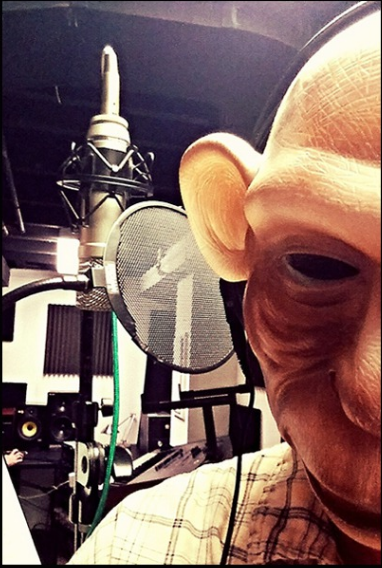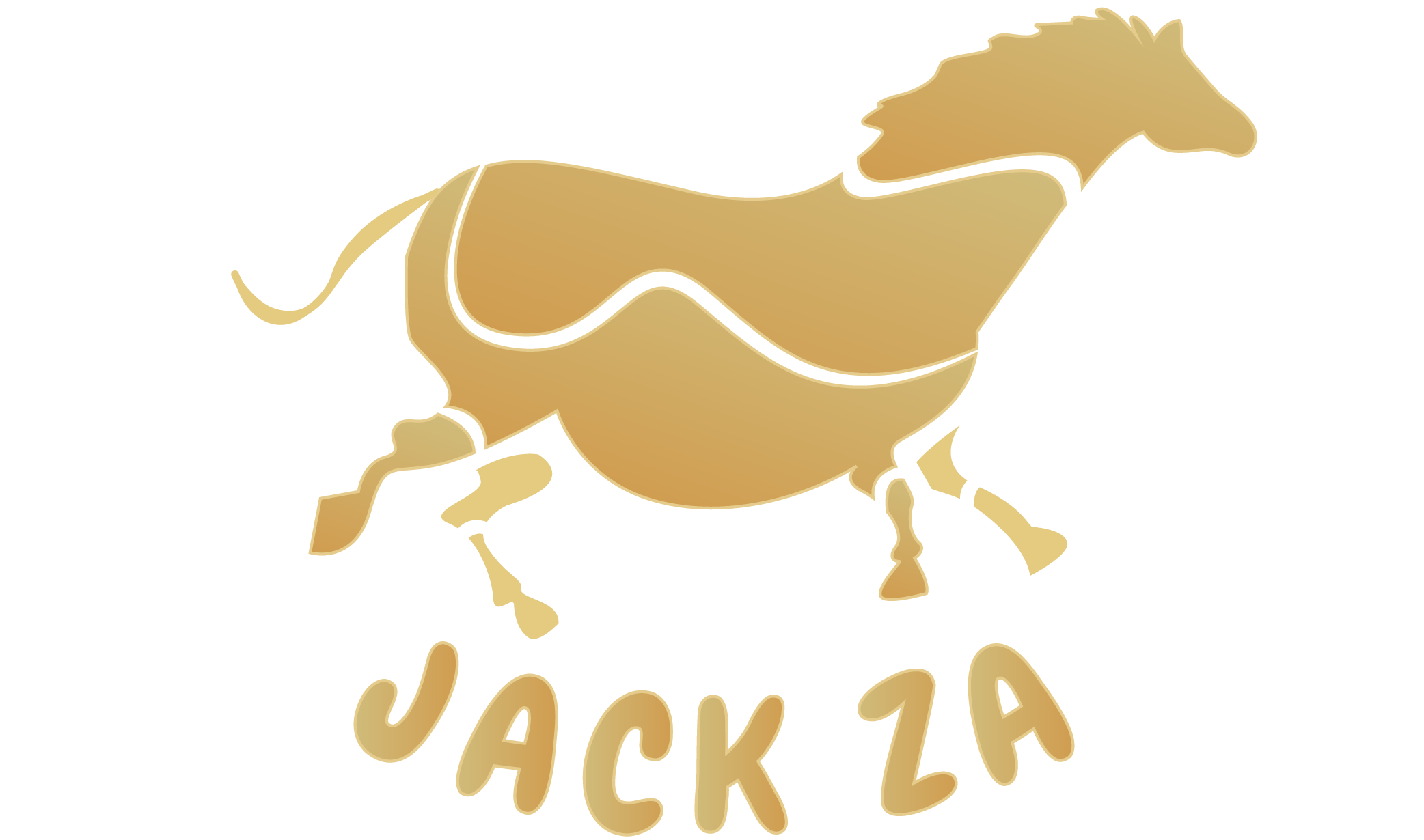INTERVIEW WITH JACK ZA
Veteran singer, songwriter, and musician Jack Za recently sat down with me to answer a few questions about his new project: “Library of Sin.” Jack is also celebrating his 50th year in music, having begun playing music at the ripe old age of 12.
Walt Crocker: You are celebrating your 50th year in the music business, correct?
Jack Za: I actually started learning sax when I was 12 and I had just turned 15 when I played my first bar gig. It was a sobering experience. So, yes, it has been over 50 years in music, but, I’ve only looked to the business and industry of music to help me make a living in music. And that’s been nothing but a frustrating adventure to this day.
Walt Crocker: How has the act of promoting ones’ self changed?
Jack Za: Before the Digital Age I was merely following in the footsteps of countless other songwriters, composers, and lyricists who learned the rules of the game and struggled to find that elusive success, no matter how long it would take. Now, with the advent of digital technology and its use for so many decades we think in the world of instant results. In a world of hits, and views, and likes and followers there really isn’t any room for the creators of culture to be lagging behind. So, one has to ask themselves, where is the sincerity in that?

Walt Crocker: And by sincerity you mean?
Jack Za: That at the end of the day can you say to yourself I’ve given all of myself to my music, given all of yourself to your performance for the audience; or are you just skating by in this social media make-believe.
Walt Crocker: Do you feel the music business has changed? How so?
Jack Za: Well, I think it’s obvious to everyone, after the Digital Age tore down all tried and true ways of doing ‘business as usual’, that the music business has to reinvent itself. Truthfully, I’m still waiting. Someone sent out the party line that unless you are one of the few elite artists attached to a label (meaning gigantic budgets to promote said artist) you are going to have to pay for all of this yourself with little promise of reciprocation at the end of the rainbow. Just go on social media. Look at the thousands upon thousands of musicians, songwriters, bands, and solo artists who have made a product and promote it on any of the hundreds of sites on the internet and in the end get what out of it exactly? I feel like popularity, in the shape and form of hits and views, is payment enough for most people. But, where’s the real dollars and cents for the rest of us? I’m not saying you can’t generate some kind of income, but is it enough to make a living on?
Walt Crocker: Your music seems to come from your personal experiences a lot. How has that changed as you have gotten older?
Jack Za: It’s a pain in the rear. I can look back at lyrics from 40 years ago and say to myself; “It’s no wonder you’ve been through 3 divorces. What were you thinking?” And yet still be accurate in the creative spirit of the song. And now, after I’ve been through so much more of life it’s hard not to always write the truth, no matter how boring or exciting. I’ve come to appreciate more and more the ability to use poetic license with the lyric.
Walt Crocker: What have been your greatest influences over the years?
Jack Za: I feel it’s no one and everyone. I know that sounds stupid but since 1972 I’ve been in my own but expansive world. By that time, I had about 3 hours of my own songs and felt that I really had to watch what I listened to or it would creep into my creative thought. Being derivative is certain musical death for me.
Walt Crocker: Yeah, I think that applies to artists in all fields of artistic expression.
Walt Crocker: You are working with a different recording studio. How has that changed you perceptions and experiences?
Jack Za: I am really glad you asked that question because this past year and a half I’ve been working with Tom Burns. He is an engineer at Phat Buddha Studios in St Louis and a perceptive producer in his own right. Together, we’ve just recorded two new songs of mine: “Falling In The Red Flame Of Love” and “Fools In The Cold” and I couldn’t be happier. Joining us in this heady experience were Mary Pat Jacobs, Thierry Iboudo, Jim Peters, and Tony Barbata. They are all extremely talented people and I’m very grateful to use their talents.
Walt Crocker: Through the years, there have been many different formats in the area of recording and listening to music. How have you adjusted to those changes?
Jack Za: Terribly! It’s a challenge keeping up. For the little guy, to change with these formats is always expensive. From vinyl to whatever the hell is the best ‘way’ to offer it to the world, nowadays, can be a daunting endeavor.
Walt Crocker: What inspires you to write a song?
Jack Za: Hmm that question is almost like, what’s your favorite color? (short laughter here) because the short answer is, what doesn’t?
Walt Crocker: Good answer. (smiles)

Walt Crocker: I have heard that in the old days most music industry types would ask the artist the simple question, what do you want? How would you answer that at this point in time?
Jack Za: I’m always fascinated by what motivates a creative person. The same way I would have answered it 50 years ago. I want to make a living with my music. Sounds easy, but thousands of my contemporaries are looking for the same thing. Welcome to the real world.
Walt Crocker: Well, congratulations on your 50 years in music and may you have many more.
Jack Za: Thanks.
Walt Crocker: Tell us a little bit about your musical and engineering history?
Tom Burns: I’ve been producing and engineering in the St. Louis area going on 10 years. I’ve worked with pretty much every genre you can think of but do mainly rock, pop and hip hop. I’ve done production for Tech N9ne, Chingy and recorded Ron Isley for Kendrick Lamar’s grammy winning album “To Pimp a Butterfly.”
Walt Crocker: How is working with Jack any different than your other clients?
Tom Burns: Working with Jack is great. Each song has a completely different style so its nice not be stuck in the box of a certain genre. He’s a studio vet who started recording before the digital age so his ear is very fine tuned musically and technically. I learned a lot from him. He’s also meticulous when it comes to detail. Jack has a clear idea of what he wants but still trusts my ear and gives me freedom when it comes to the production and arrangement.
Walt Crocker: What would you like to see happen with the two songs you two have just produced?
Tom Burns: To find an audience and be heard so Jack can get the recognition he deserves after all these years
